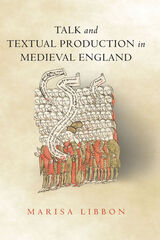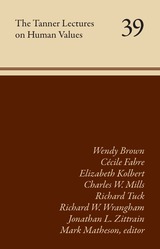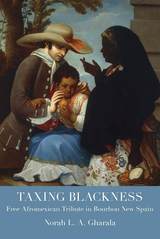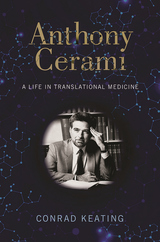

A pioneer in the birth control movement both in the United States and abroad, Dr. Clarence J. Gamble began his work as a volunteer in Philadelphia in 1929. Because he was convinced that the health and happiness of women and children and, in fact, entire families depended on adequate spacing of their babies, he helped to establish family planning clinics in a dozen American cities before he was forty years old.
Dr. Gamble's major concern was to provide a safe, reliable, and cheap contraceptive that poor women who had no access to running water or modern conveniences could use. After World War II and the population explosion that followed it, Dr. Gamble expanded his efforts in what he called the Great Cause to help those in the developing nations who wanted their people to be able to choose when to have children and how many to have.
Every Child a Wanted Child is more than the biography of a unique man. It is a record of the ups and downs of the birth control movement in the United States and in Italy, Japan, India, and parts of Asia and Africa.
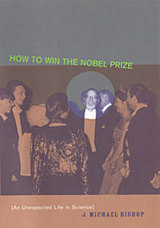
In 1989 Michael Bishop and Harold Varmus were awarded the Nobel Prize for their discovery that normal genes under certain conditions can cause cancer. In this book, Bishop tells us how he and Varmus made their momentous discovery. More than a lively account of the making of a brilliant scientist, How to Win the Nobel Prize is also a broader narrative combining two major and intertwined strands of medical history: the long and ongoing struggles to control infectious diseases and to find and attack the causes of cancer.
Alongside his own story, that of a youthful humanist evolving into an ambivalent medical student, an accidental microbiologist, and finally a world-class researcher, Bishop gives us a fast-paced and engrossing tale of the microbe hunters. It is a narrative enlivened by vivid anecdotes about our deadliest microbial enemies--the Black Death, cholera, syphilis, tuberculosis, malaria, smallpox, HIV--and by biographical sketches of the scientists who led the fight against these scourges.
Bishop then provides an introduction for nonscientists to the molecular underpinnings of cancer and concludes with an analysis of many of today's most important science-related controversies--ranging from stem cell research to the attack on evolution to scientific misconduct. How to Win the Nobel Prize affords us the pleasure of hearing about science from a brilliant practitioner who is a humanist at heart. Bishop's perspective will be valued by anyone interested in biomedical research and in the past, present, and future of the battle against cancer.
READERS
Browse our collection.
PUBLISHERS
See BiblioVault's publisher services.
STUDENT SERVICES
Files for college accessibility offices.
UChicago Accessibility Resources
home | accessibility | search | about | contact us
BiblioVault ® 2001 - 2025
The University of Chicago Press


